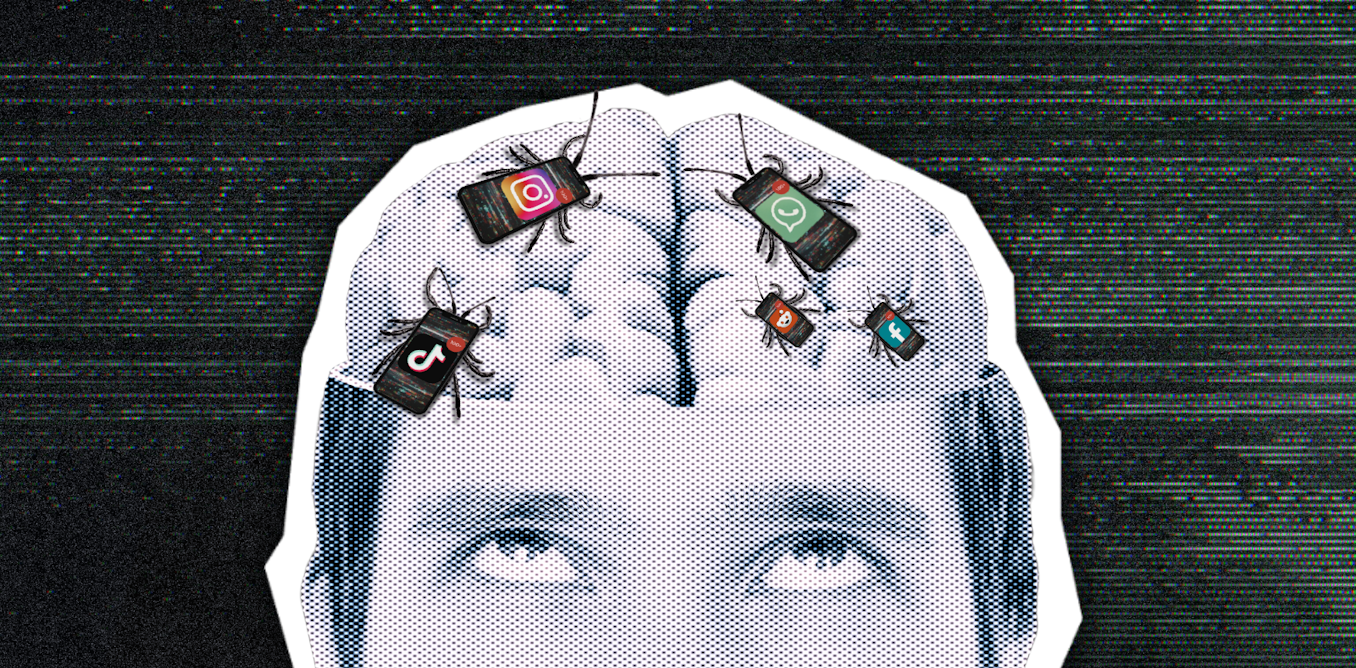YouTube rolls out more unskippable ads that make viewers wait even longer to watch videos - Dexerto
-
You can skip or avoid ads on YouTube, so meh.
What really grinds my gears though, is the stupid, fucking algorhythm, which routinely offers me videos I just recently watched, vids in languages that I can't speak, "current" affairs stories that are years old, and channels/vids that I have specifically blocked. I curse YouTube daily, but will bless anyone who has a viable alternative....You could put the subtitles for videos in languages you don't speak. What was much more annoying to me was the automatic audio translation (it's still available, but it seems YouTube doesn't select it automatically when you watch a video in another language).
-
Anyone not blocking ads on YouTube needs to start blocking ads and sponsored content on YouTube.

Enhancer for YouTube™
Tons of features to improve your user experience on YouTube™!

(www.mrfdev.com)

Home
SponsorBlock is a crowdsourced browser extension to skip sponsor segments in YouTube videos.

(sponsor.ajay.app)
I used enhancer but it seems the dev has stopped updating it for Firefox and only updating it for chrome.
Moved to Tweaks for YouTube and am quite happy with it so far; seems to also have more options.

Tweaks for YouTube – Get this Extension for 🦊 Firefox (en-US)
Download Tweaks for YouTube for Firefox. Seek, navigate chapters, control volume, speed, and more with mouse and keyboard shortcuts. Adjust player controls, progress bar, subtitles, process audio, show playlist duration, take video snapshot, set initial volume, speed, resolution, and more.
(addons.mozilla.org)
-
This post did not contain any content.
When ads get in the way I simply don't watch the videos. It's not like anybody ever really needs to watch any particular video.
-
This post did not contain any content.
Invidious - search
An alternative front-end to YouTube

(yewtu.be)
-
This post did not contain any content.
Yall I got yt premium as a perk from my carrier and tried it out, it’s fucking AWFUL. Mostly the yt app. I get better speeds, quality and less interruptions just using brave
-
This post did not contain any content.
They do get they're not dealing with a generation used to ad breaks any more, right?
-
This post did not contain any content.
How about blocking this nonsense on Xbox? Need a pi hole yes?
-
How about blocking this nonsense on Xbox? Need a pi hole yes?
I don't think a DNS hole is going to save you from ads served internally by YouTube.
-
They do get they're not dealing with a generation used to ad breaks any more, right?
That's why they have to spend so much time trying to force you to watch all the get rich quick schemes, gambling, and expiring legal claims videos. What quality ad pushers they work with.
-
By operating youtube at a loss for many years Google acted anticompetitively to kill competition or stop competition arising. Now that they've achieved that they can do what they like. Don't feel bad using ad blockers against this anti-capitalist company.
I am in no way defending YouTube here, but how did it act anticompetitively?
-
WHY DONT WE HAVE A MAINSTREAM ALTERNATIVE YET
Hosting and storage costs, few can afford to be an alternative to an absolutely gigantic video storage platform that costs obscene money to maintain.
-
Final stage of enshittification, now they are allowing more right wing propaganda than normal on the channel
And suppression of comments, for all sorts of reasons. Words and phrases will constantly flag AI autoremoval.
-
They’re blocking it actively now. For me, it requires a tampermonkey script to bypass the blocker check in Firefox.
Whenever that happens, the heroes in the ublock team does push a new fix in a few hours.
-
Revanced still working great for me.
Will check it out thanks!
-
Hosting and storage costs, few can afford to be an alternative to an absolutely gigantic video storage platform that costs obscene money to maintain.
you found your way to lemmy but you don't know about https://peertube.tv/

-
Newpipe seems to be working fine.
I think this one's a winner for me, thanks!
-
This post did not contain any content.
I will continue to download all my videos to avoid ads. When they break the tools in such a way that this is no longer possible, I will stop watching videos from YouTube and seek entertainment elsewhere.
-
I don't think a DNS hole is going to save you from ads served internally by YouTube.
It might, if it just blocks YouTube
-
you found your way to lemmy but you don't know about https://peertube.tv/

Sure, a service that manages an infinitely smaller amount of content and complexity. It is a situational tool, hardly a YouTube killer... the banner presented on the homepage professes that it's expensive to run and please donate.
-
It might, if it just blocks YouTube
Can't view ads if you can't view videos. Checkmate.






